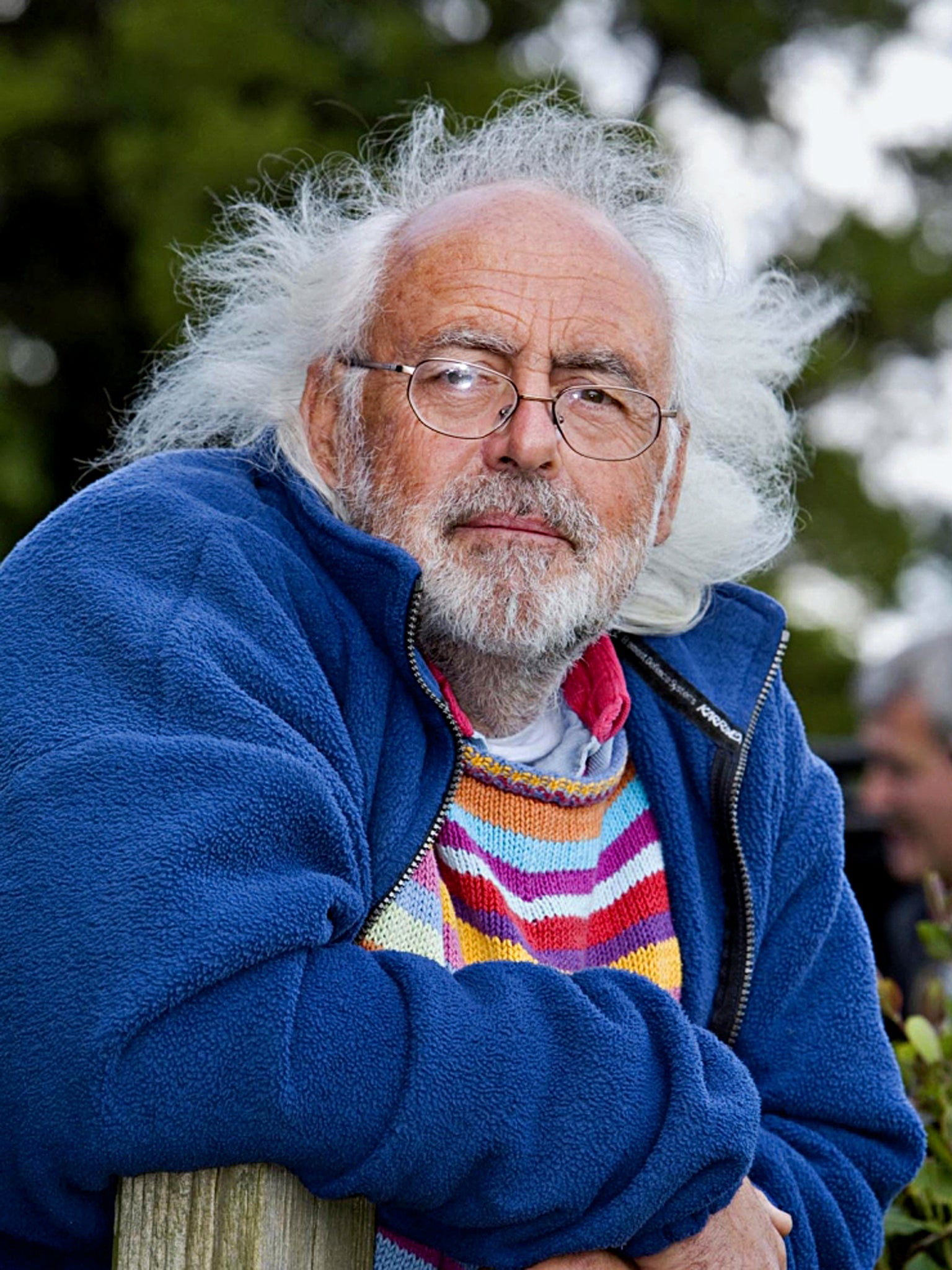Mick Aston: Archaeologist who found television fame on 'Time Team'

Professor Mick Aston was an archaeologist who was part of Time Team, the popular Channel 4 programme which for 20 years brought the world of archaeology to television audiences. Aston acted as chief archaeological adviser for 16 series, from its first broadcast in 1994 through to 2011, and was known for his combination of expertise, passion for the subject, and brightly coloured jumpers.
Aston was born in Oldbury, the son of a skilled but uneducated cabinet-maker. He studied geography, with a subsidiary in archaeology, at Birmingham University. It was there that he met Philip Rahtz, who ran summer-school excavations. Aston remembered with fondness his time on these early digs "Excavating with Philip was like an apprenticeship. We learnt archaeology by doing it…"
His first professional role was with Oxford City and County Museum before going on to become the county archaeologist for Somerset. He joined the archaeology department at Bristol University in 1979, organising and promoting lifelong learning and continuing education. Aston became professor of landscape archaeology there, from 1996 until his retirement in 2004.
Time Team owes its origins to Time Signs, a four-part series presented by Aston for Channel 4 in 1991, which documented the history of the Wolf Valley in Devon. Such was the interest in the programme that its producer, Professor Tim Taylor, proposed to Channel 4 the idea of an entire series, based on the concept of short intensive digs. In discussions with Taylor, Aston had put forward the idea that it would be possible to excavate a site, and produce meaningful results, in just three days.
Time Team debuted in 1994 and was welcomed by the public but some in academia were troubled by its approach to the subject. As the programme's presenter, Sir Tony Robinson, told The Independent: "His mission was sharing his passion for archaeology with ordinary people rather than keeping its secrets locked away behind the walls of Britain's universities. This made him a contentious figure among some of his contemporaries and he was deeply wounded by the vociferous attacks he suffered, particularly in the early years of Time Team." Aston saw his television role as an extension of the teaching that he was already doing. "Time Team was a way of reaching 3 million people rather than 30 people in the village hall", he said.
When Channel 4 decided in 2010 to bring in a younger presenter and alter the programme's format, Aston decided it was time to go. Interviewed later about the changes to the programme, he observed "There is a lot less archaeological content and a lot more pratting about. I was the archaeological consultant but they decided to get rid of half the archaeological team, without consulting me."
The programme was axed at the end of last year. As Carly Hilts, assistant editor of Current Archaeology, has pointed out, "It is practically unheard of for a factual, specialist programme to spend two decades as the public face of its subject and become a national institution along the way." It is largely thanks to Aston that the programme was so successful.
Of all his discoveries, his favourite was the site of Nether Adber, one of the best-preserved deserted villages in Somerset. He found it by accident after stopping at the side of the road: "I climbed over the gate and was standing against the hedge, when I looked around and there was this amazing great sea of earthworks. One little walk out into it showed there was a holloway down the middle, and there were house platforms along each side. It was very, very clear."
For the last decade Aston's work had been concerned with Shapwick, a parish in Somerset which evolved during the Early Middle Ages. His Interpreting the English Village: Landscape and Community at Shapwick, Somerset was published earlier this year. The results of digs there are on display at the new Museum of Somerset in Taunton, which Aston helped to establish.
In July last year he was recognised for lifetime achievement at the British Archaeological Awards. Presenting the award, chairman Mike Heyworth said of Aston that "he had inspired people from all over the world who now had a better understanding of archaeology thanks to his teaching and commitment to archaeological communication."
Sir Tony Robinson the presenter of Time Team, said: "Mick Aston was a great British eccentric; an atheist whose life's work was medieval monasticism, an anarchist who for many decades loyally fulfilled the labyrinthine requirements of his university and British television, and a grumpy old curmudgeon with the kindest of hearts and a great capacity for friendship."
He continued "Archaeology is now a subject that tens of thousands of people enjoy and value, and this is almost solely down to him. I hope he'll receive belated recognition for that fact. He will be sorely missed by all of us who worked closely with him over the years."
Michael Antony Aston, archaeologist: born Oldbury, West Midlands 1 July 1946; partner to Carinne Allinson 1983 (separated 1998, one son, one stepdaughter); died 24 June 2013.
Join our commenting forum
Join thought-provoking conversations, follow other Independent readers and see their replies
Comments